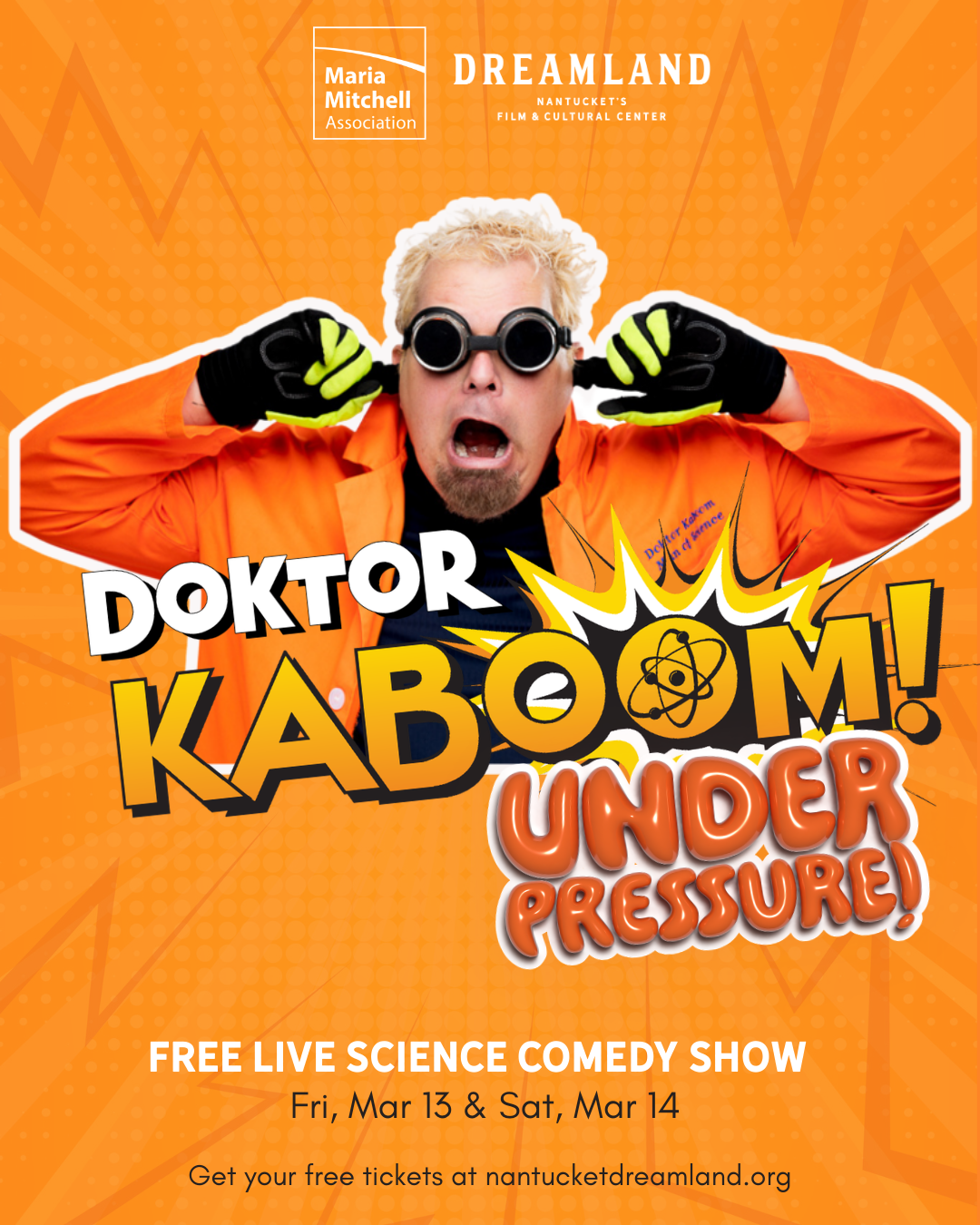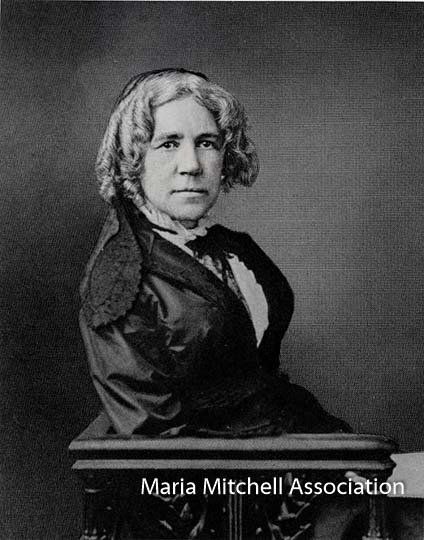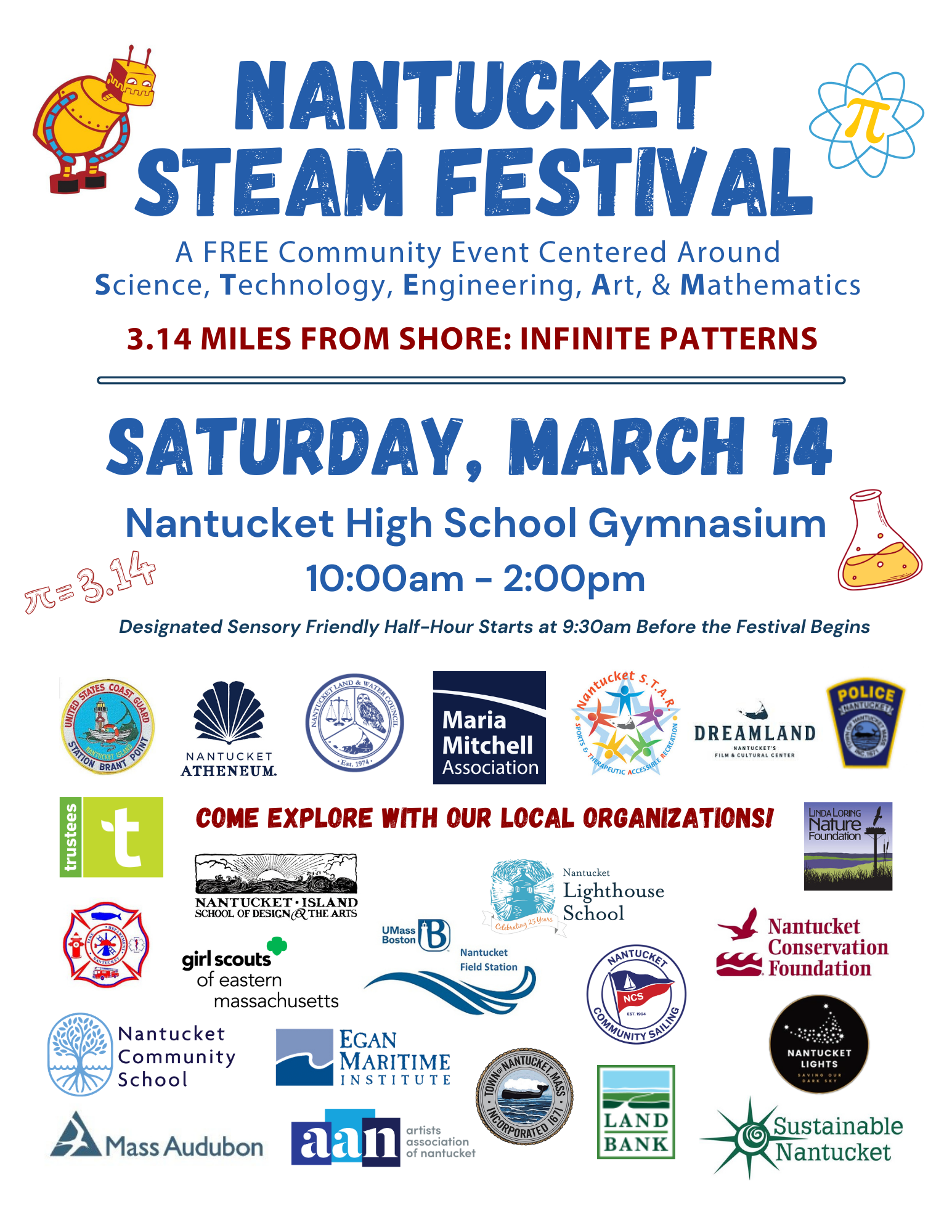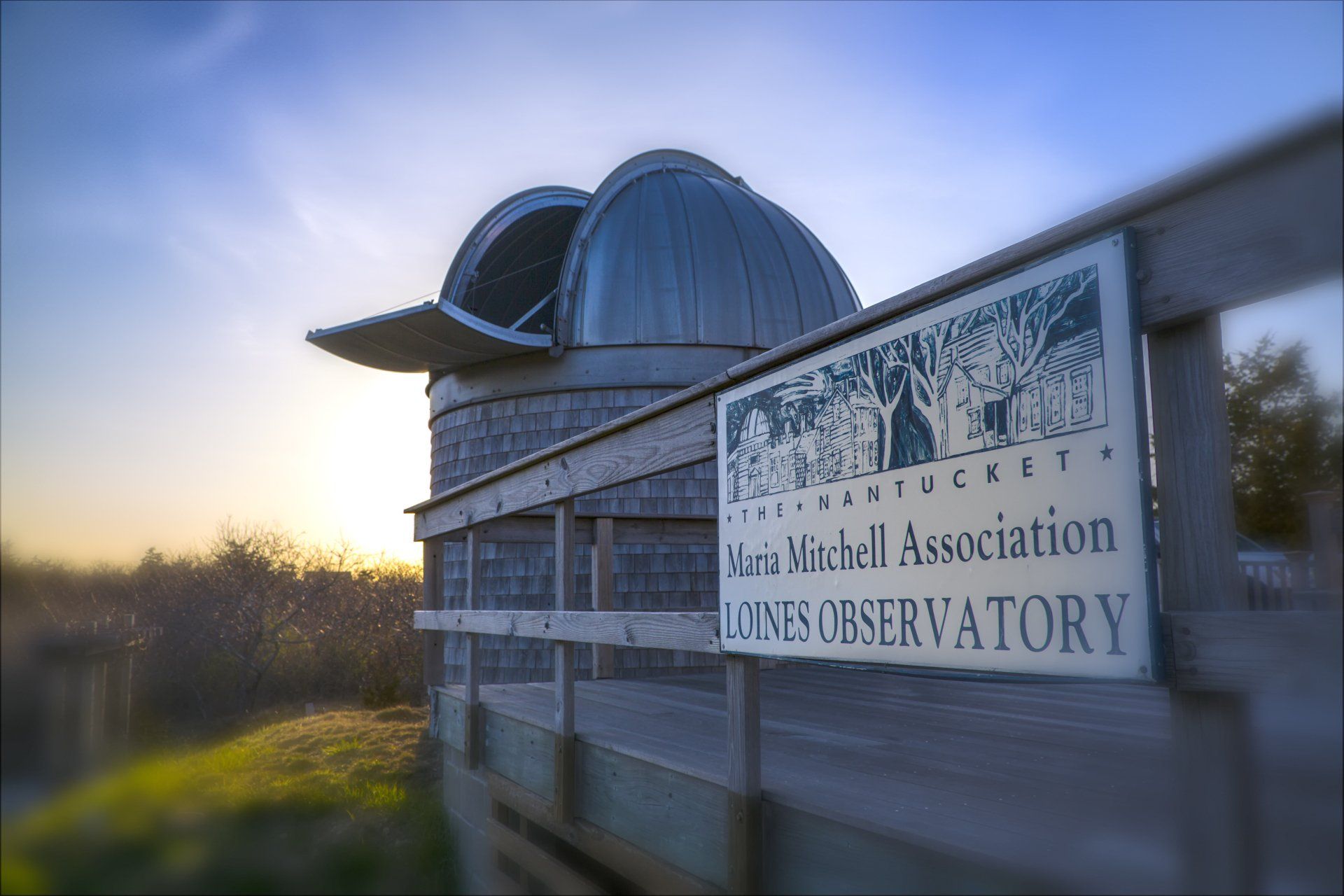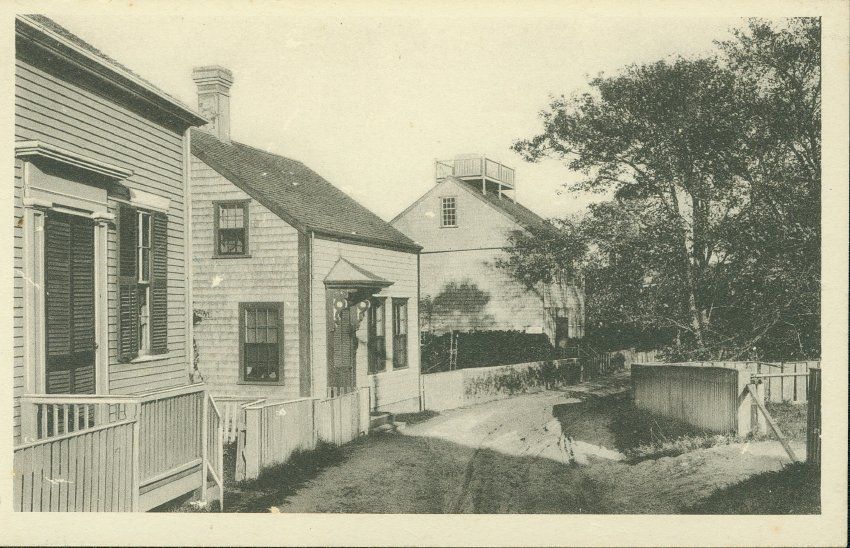Good Neighbors
Good neighbors seem hard to come by these days. And, by these days, I mean the last thirty or more years. There are still good neighbors out there but many neighborhoods are not what they once were. People tend to be more insular, inside more often on devices, not outside tending to their yards or just sitting on the front porch. Children do not run rampant over yards and fences, multiple ages playing outside until the last gasp of daylight. Grown-ups are not inviting one another over for dinner or giving each other a hand as they once did. In elementary school, my best friend’s family moved in across the street (how lucky was I?!). Our bedrooms were directly opposite one another and we developed a flashlight signal to share from our windows. After Hurricane Gloria, without power for days, our two families gathered to clean out the refrigerators and freezers before things spoiled. Our father’s grilled it all on charcoal grills so we could have a hot feast – and save the food. Does that happen anymore? We are all more focused on ourselves than one another.
The MMA recently lost a good neighbor. Nancy lived on Vestal Street for twenty-five or more years with her husband in a house that was once occupied by another good neighbor. I think a little osmosis might have been at work but also, simply, Nancy was a good neighbor. I would liken her to the “Mayor of Vestal Street.” She looked out for people, paid attention, invited her neighbors for dinner, and helped them out. She certainly helped the MMA out. She offered to garden – and re-did our Astronomer’s Cottage garden and side yard. She painted window boxes. She donated an old door she had so we could replace a rotting door we had. She donated a refrigerator – still humming along nicely in one of our dorms. She welcomed a Mitchell House intern into her home to look at the grain painting in her home from the nineteenth century as the intern worked to study the grain painting in the Mitchell House’s 1825 Kitchen. She attended our events. She was a member. She helped out in other areas of the MMA with advice and support. She swept at least weekly – if not more – the stones from our driveway that constantly tumbled into the street. She gave us plants, kept her eye on things, and looked out for our staff and interns, too. She even gave me a few dresses she could not wear and a baby gift when we brought our son home. She was a mensch.
Finding out about her death knocked me down. I keep expecting her to be outside sweeping or walking her beloved dog or putting a new flower arrangement in her front window. She loved her historic home and she and her husband worked very hard to preserve it and also restore details that were lost over the last 100 or more years. She was an incredibly talented and smart person and had a whole other life in Boston where she worked for many years in human resources. I could not think of a better person to have such an occupation. She always had a smile on her face and was ready with support.
Good neighbors are hard to come by. I hope that Nancy and her memory inspire a few more people to be good neighbors in this world.
The step, however small, which is in advance of the world, shows the greatness of the person, whether that step be taken with brain, with heart, or with hands. – Maria Mitchell
JNLF
Recent Posts
